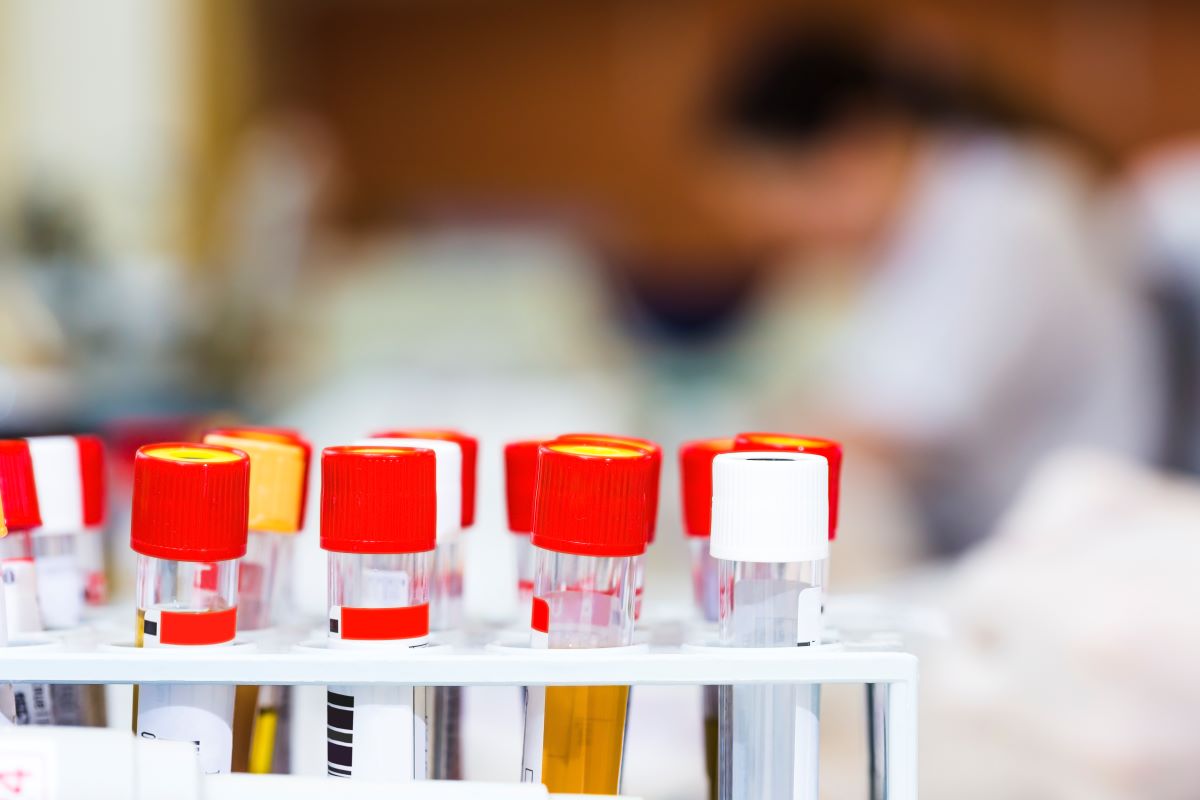What is an Antinuclear Antibody (ANA) Test: Procedure, Uses, Side Effects & Risk

Healthcare experts use the mammogram or mammography procedure to help determine early signs of breast cancer. It is a very effective way of detecting cancer at its earliest stages.
Though this procedure involves exposure to radiation of low doses, regular mammograms benefit the patient, which out rules the little risk of low radiation.
What is the Meaning of the Antinuclear Antibody Test?
To understand the meaning of the ANA test, you should first know how the body’s immune system works. Generally, your immune system produces some antibodies, which are proteins, to help you fight against foreign substances or infections.
However, sometimes, your immune system may mistake parts of your own body as foreign substances and try to fight them instead. It, in turn, starts releasing autoantibodies that attack healthy cells in your body.
Autoantibodies can significantly damage your skin, muscles, joints and other body parts. Further, the creation of autoantibodies can also be a sign of autoimmune disorders, such as lupus, rheumatoid arthritis, Sjogren’s syndrome and more.
How to Prepare for an ANA Test?
You need to keep the following aspects in mind while you prep:
- You must provide a sample of blood for an antinuclear antibody test.
- The doctor may advise you to eat and drink before the test if your sample is only being used for an ANA test.
- In contrast, you might need to fast for a while before the test if your blood will be needed for other examinations. You'll receive due instructions from your doctor.
- Additionally, consider bringing your current medication list to your doctor as some substances can influence the test's accuracy.
How is an ANA Test Performed?
The test procedure for an ANA test is simple:
- A lab technician will draw a sample of your blood, typically from an arm vein.
- Your upper arm will be bound with a band to cause a blood clot and vein swelling.
- They will next use an antiseptic to disinfect the region before sticking a needle. Your blood will gather in a tube or vial.
It should simply take a few minutes to perform the blood test. Once the blood has been obtained, the band and the needle will be removed, and the area will be covered with gauze and a bandage.
Why is an Antinuclear Antibody (ANA) Test Necessary?
An Antinuclear Antibody (ANA) test is necessary when doctors suspect autoimmune disorders such as Lupus, Rheumatoid Arthritis, or Sjögren’s Syndrome. This test detects abnormal antibodies that attack the body's own cells, helping in early diagnosis and timely treatment.
Doctors may recommend an ANA test if you have:
- Chronic joint pain and swelling
- Frequent fevers without infections
- Skin rashes, especially on the face
- Unexplained fatigue or muscle weakness
- Sensitivity to sunlight
Autoimmune diseases can affect multiple organs, so identifying them early can prevent severe complications. While treatment costs for chronic conditions can be high, some health insurance policies include coverage for autoimmune disease management, ensuring access to necessary tests and follow-ups.
What are Some Common Uses of ANA Tests?
Your doctor may suggest you take an antinuclear antibody test if they suspect that you have an autoimmune disease. These include:
- Detection of Systemic Lupus Erythematosus.
- Detection of rheumatoid arthritis.
- Detection of scleroderma.
- Detection of Addison’s disease.
- Detection of Sjögren's syndrome.
- Detection of autoimmune hepatitis.
What are the Side-effects of ANA Tests?
You may come across some side effects after the test, which include:
- Dizziness
- Bruising
- Soreness
- Bleeding
Note that the occurrence of such side effects is extremely low.
What are the Risks of an Antinuclear Antibody Test?
Typically, a blood test like ANA carries minimal risks. It usually presents some side effects, as discussed above.
What to Expect After an Antinuclear Antibody Test?
If your blood has antinuclear antibodies, the ANA blood test will be positive. However, note that a positive result does not guarantee that you suffer from an autoimmune disorder. Further, not everyone with an autoimmune disease shows positive results for this test.
Thus, seek proper consultations and undergo various physical examinations to ensure your condition. If the antinuclear antibody test comes out positive, your doctor may probably write down several other tests for you to confirm your diagnosis. You must remain patient and calm during the entire diagnosis.














